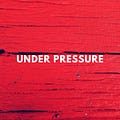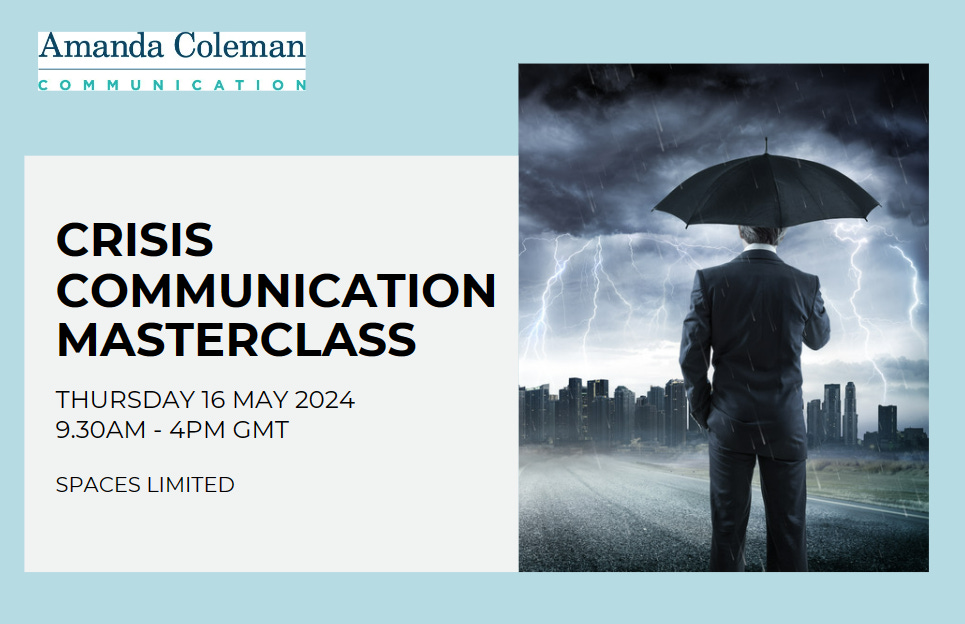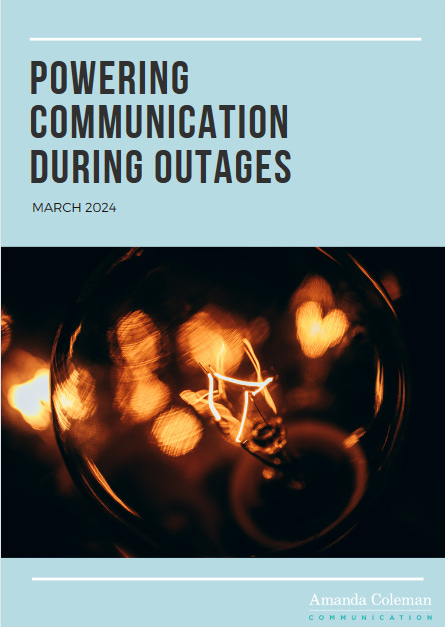Trust, disinformation and the role of the PR
There is only one story everyone is talking about and it is the photograph of the Princess of Wales that was manipulated. Whether you are bothered or not about the issue it raises some critical issues for PR and communication and particularly those charged with developing crisis communication.
The trust deficit is something that all governments, organisations and institutions are struggling with. It has left many people questioning whether the information they receive is accurate and if they are being manipulated. In the In Brief section below there is a link to research looking at how many people can’t identify posts developed by artificial intelligence bots.
As AI spreads and moves into aspects of our working lives, ensuring honesty and integrity in the information that is published is critical. Without it people will switch off, turn away and will look for alternative sources of information. This is why the issue of image manipulation is more than just a story about a Mother’s Day photograph. When is an image enhanced and when is it edited to tell a different story? I have explored the situation in a blog I wrote as the story broke (find it here) and PR Week used some of the comments within an article (read it here).
Disinformation is rightly identified as one of the biggest risks in the World Economic Forum report published at the start of the year. In many countries there will be elections during the year and we can expect a huge surge in disinformation. There is no easy answer for what to do to address this problem. But here are my top five tips:
Ensure your PR and communication work is honest does not spread misinformation or disinformation.
If you alter images in any way, or are using AI, be open about it and add that detail to the image or text.
Build trust throughout all the communication that you share and especially before any crisis emerges.
When a crisis happens speak first and speak frequently to share as much information as possible in an open and honest way.
Detail how you will attempt to address misinformation and disinformation in any crisis communication plan. And remain alert to the developments and the challenges this may bring.
Training Update
The next training session takes place on 10 April and is a crisis communication exercise where you can test yourself and your decision making with a specially designed scenario.
Spaces are still available for the full day Crisis Communication Masterclass on 16 May that will give a crash course in everything you may need to be crisis ready. For more information or to book a space email office@amandacolemancomms.co.uk
Powering Communication
The recently published report on communicating when there are significant power outages is now available. If you haven’t got a copy then it can be downloaded from Amanda Coleman Communication website. Just click on download reports to receive a copy. Find it here.
In Brief:
In a recent edition of Philippe Borremans’ newsletter Wag the Dog, Amanda wrote an article about the importance and benefits of close working between emergency planners and communication. Find it here.
The European Environment Agency has published the first European climate risk assessment. Find out more about what it says here.
Public Relations Review has recently published a study looking at the research in public relations that took place between 2020 and 2023 in relation to the Covid-19 pandemic. Find out more here.
The World Economic Forum Global Coalition for Digital Safety found social media users identify AI bots correctly less than half the time in recent research. Find out more here.
The latest Testing Times crisis communication case study is available and can be found on Amanda Coleman Communication website here.
In a recent blog Amanda considers whether there is still an important role for crisis communication when the world is full of uncertainty and challenging times. Read more here.
Diary Dates:
On 21 March Amanda is running the popular Producing Engaging Communication in the Public Sector context for the PRCA. Find out more here.
On 22 March Amanda is the guest chair for the SASIG webinar looking at operational resilience and how to protect against accidental incidents. Find out more here.
On 10 April the first crisis communication exercise of 2024 will be run online. The short session gives a chance to test your decision making. Places are limit and the 2 hour session costs just £50. To book a place email office@amandacolemancomms.co.uk



